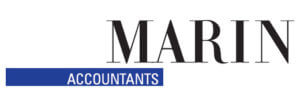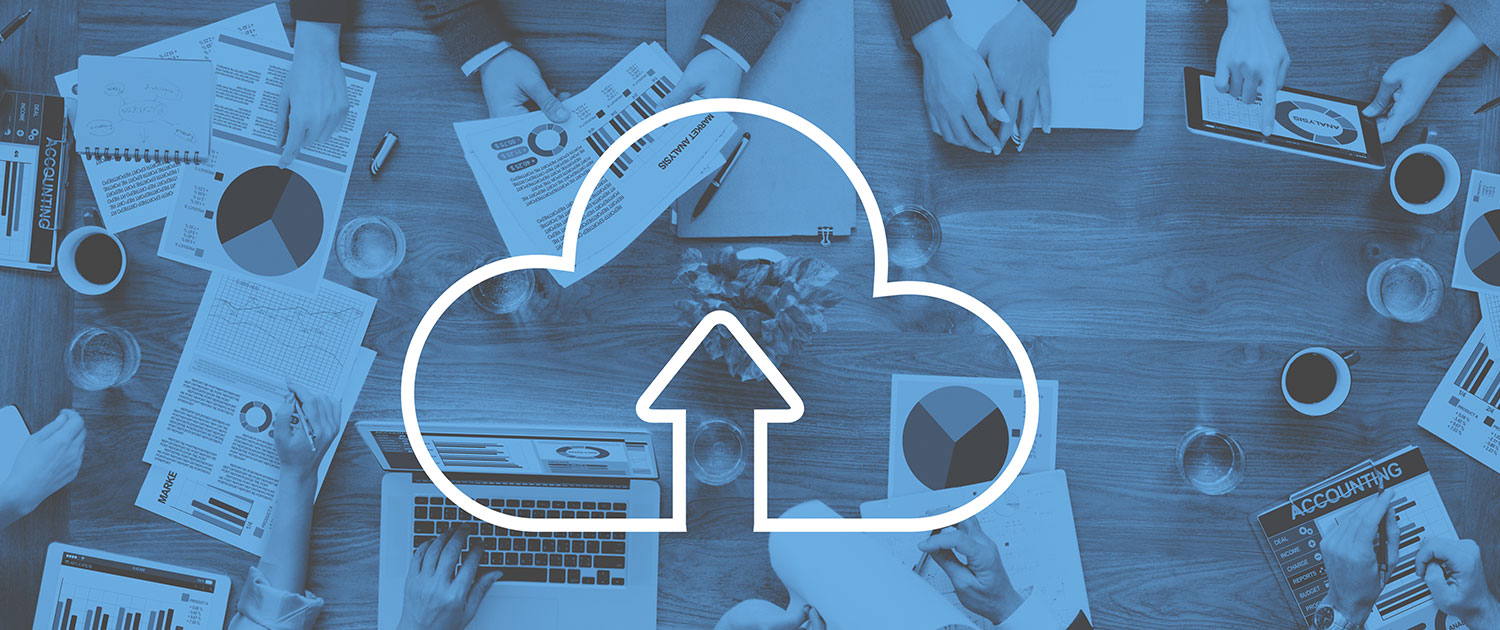Working in the Cloud: how Cloud accounting can help your business
By Daniel Deutsch, partner, Marin Accountants
‘Working in the Cloud’ has become a hot topic of late and particularly in relation to core business processes, such as financial management and accounting. In this article, Daniel Deutsch of Marin Accountants looks at Cloud accounting and how moving your accounting processes ‘to the cloud’ can make them more efficient and save you time, money and effort.
The ‘Cloud’ is a term that’s been round for many years and is used to describe software delivery and data housing over the internet. Those of us who have an email account that we can access from any computer are already using a cloud based program.
But up until recently, most business owners avoided web-based accounting systems, instead preferring to use computer desktop accounting software to store data on their computer hard disk. This meant they regularly had to update software, back up data and keep copies of all their financial records offsite for security purposes. Further, data had to be transferred by email or in hard copy formats between bookkeepers, businesses and accountants.
The Cloud changes all this for good. Used properly, it can significantly reduce bookkeeping time and costs, and also speed up access to your information.
Traditionally, bookkeeping has been a very paper intensive and time consuming process. For example, transactions need to be entered manually and bank reconciliations need to be done by checking transactions against bank statements.
With the Cloud, bookkeeping can be managed far more efficiently and with less reliance on paper. Most Cloud accounting programs have bank feeds which means they are linked to bank accounts, with transactions automatically fed into the system to cut down on data entry. The system can be set up to automatically allocate regular transactions to particular ledger accounts further reducing data entry time.
mtc
Using the Cloud also means that business owners and advisors can work on live data anywhere, anytime. Business owners can work from home or on the road if that suits them, while advisors can fix up any issues that business raise without having to wait on the “latest” data file to be sent to them.
Data security is also simple but robust. In the Cloud, information is stored in a secure location and encrypted with similar technology used for internet banking. Stored material is only accessible to you and those you give your permission too. You also decide the level of access for any additional users.
There are a number of Cloud accounting systems available for small and medium sized businesses, including the following:
- Xero (see xero.com)
- Saasu (see saasu.com)
- Quickbooks Online (see intuit.com.au)
- MYOB Live Accounts (see myob.com.au)
All these packages have a few common features – just like most of the current desktop accounting programs, they provide functions to help with budgeting and invoicing, debtors, creditors, inventory, payroll and contacts tracking.
They also offer automated backups, unlimited access and often no cap on users. There’s no need to upgrade as this is done automatically for you. And for Mac users there are no problems with compatibility, as these products are totally cloud based and so fully compatible with Mac software and hardware.
Given all this, you should still think carefully about moving to a Cloud based accounting system. Your accountant will be able to help you with your computerised accounting requirements, be they cloud or desktop systems. Talk to them about the Cloud and then get ready to make the shift, if it’s right for you.



